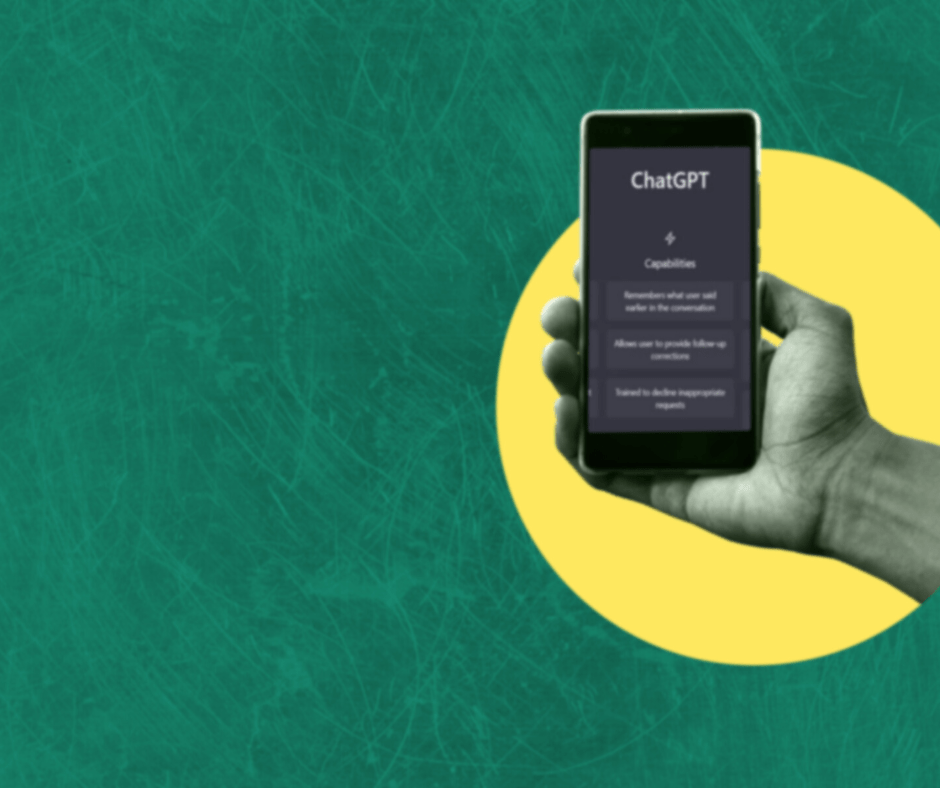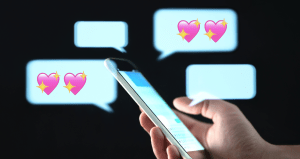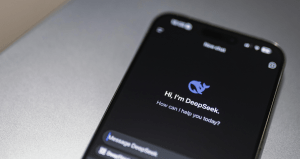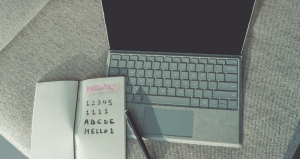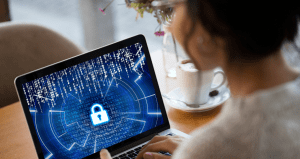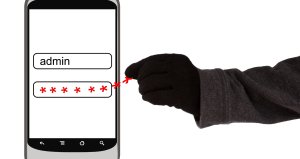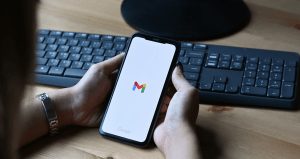The rapid uptake of AI tools such as ChatGPT has been impressive, with some 100 million users on that platform alone worldwide. While the tools can be fantastic to use for many different applications – they also come with their risks.
If you’re using ChatGPT within your business (or even your personal life!), there are a few things to be mindful of in terms of cybersecurity and your data.
Think about what you’re sharing
ChatGPT is a natural language processing tool that is driven by AI technology. It can answer questions and help you with everyday things such as composing emails, writing essays, plotting movies, telling jokes, or even writing formulas for Excel.
But just because ChatGPT is a ‘bot’ or a ‘tool’, doesn’t mean that we should be lulled into a false sense of security over what we share with it remaining private.
In the March 2023 ChatGPT Outage, some users were able to see titles from another active user’s chat history. Would you be happy with your ChatGPT conversations being accessed by anyone else?
Is ChatGPT monitored?
OpenAI has openly stated that it stores ChatGPT conversations in order to assist with future training, and also to revolve any issues or bugs in the system. However it is important to note that these chats may also be monitored by human AI trainers, and it is not clear where these chats are stored, which again leads us to wonder as to the security of this storage.
So concerned are the government that we have seen the South Australian Department for Education partnering with Microsoft to create Australia’s first generative AI Chatbot specifically for use in schools. This purpose-built tool is being built from scratch, prioritising student safety and data security.
The Department of Home Affairs has also placed a complete block on ChatGPT for all public servants under the direction that its open-source technology does not meet a high enough standard of security.
Is your account secure?
Between June 2022 and May 2023, over 100,000 ChatGPT account credentials were found on illicit dark web marketplaces. If you use the same password on your ChatGPT account as others, this could lead to follow-on attacks using the same credentials.
If you’re stuck with trying to manage multiple passwords – Calvert now offers a password manager that also comes with MFA management. Contact Us to find out more.
ChatGPT and other AI tools are becoming increasingly popular in our day-to-day lives, and they can have immense benefits when leveraged correctly. At Calvert we recommend:
- Do not enter sensitive, confidential or proprietary data through ChatGPT.
- Have separate and secure passwords – never use the same password for multiple accounts.
- Ensure your staff are adequately educated on the risks around using this tool in a business context.
If you’d like help with cyber security, or staff training in your business, the Calvert team are here to assist. You can fill in our contact form, or give us a call on (08) 7325 5000.

